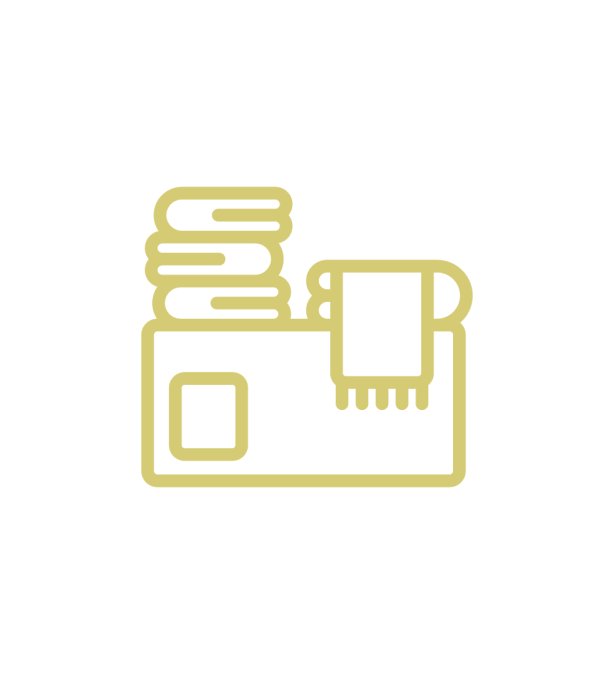Data room services allow companies to securely transfer, share and store sensitive client information. They can also help streamline complex processes like M&A due diligence, fundraising and regulatory compliance. The most effective data room has a user interfaces that are user-friendly for both the CFO and entry-level accountant, with robust permissions and thorough activity tracking.
Data is secured throughout the entire data room workflow, unlike personal file sharing and storage solutions. This gives extra security to the most sensitive data by ensuring that only authorized users are able to access the content. Some data rooms include tools to ensure that only the most current version of a document is ever used, thereby removing the possibility that an earlier draft might be shared or downloaded accidentally.
When selecting a virtual data room, it is essential to take into consideration the specific requirements of each project. Investment banks, for instance, require a solution that can support the entire M&A process from sources to post-transaction integration. They require security that lets them manage access on a document, project or folder level, and monitor activity in real-time through insightful dashboards of insight.
The ability to upload securely clinical findings and collaborate with other companies is crucial for healthcare and life sciences companies. These projects often involve large amounts of confidential information, including patient records and research results. In addition, these sectors need to navigate complex, time-consuming procedures such as licensing, and could this need to communicate with investors from multiple countries simultaneously. A data room that has multi-project management capabilities, a customized branding and color scheme, and the ability to filter documents based on user or date can boost efficiency and collaboration.

















Leave a comment